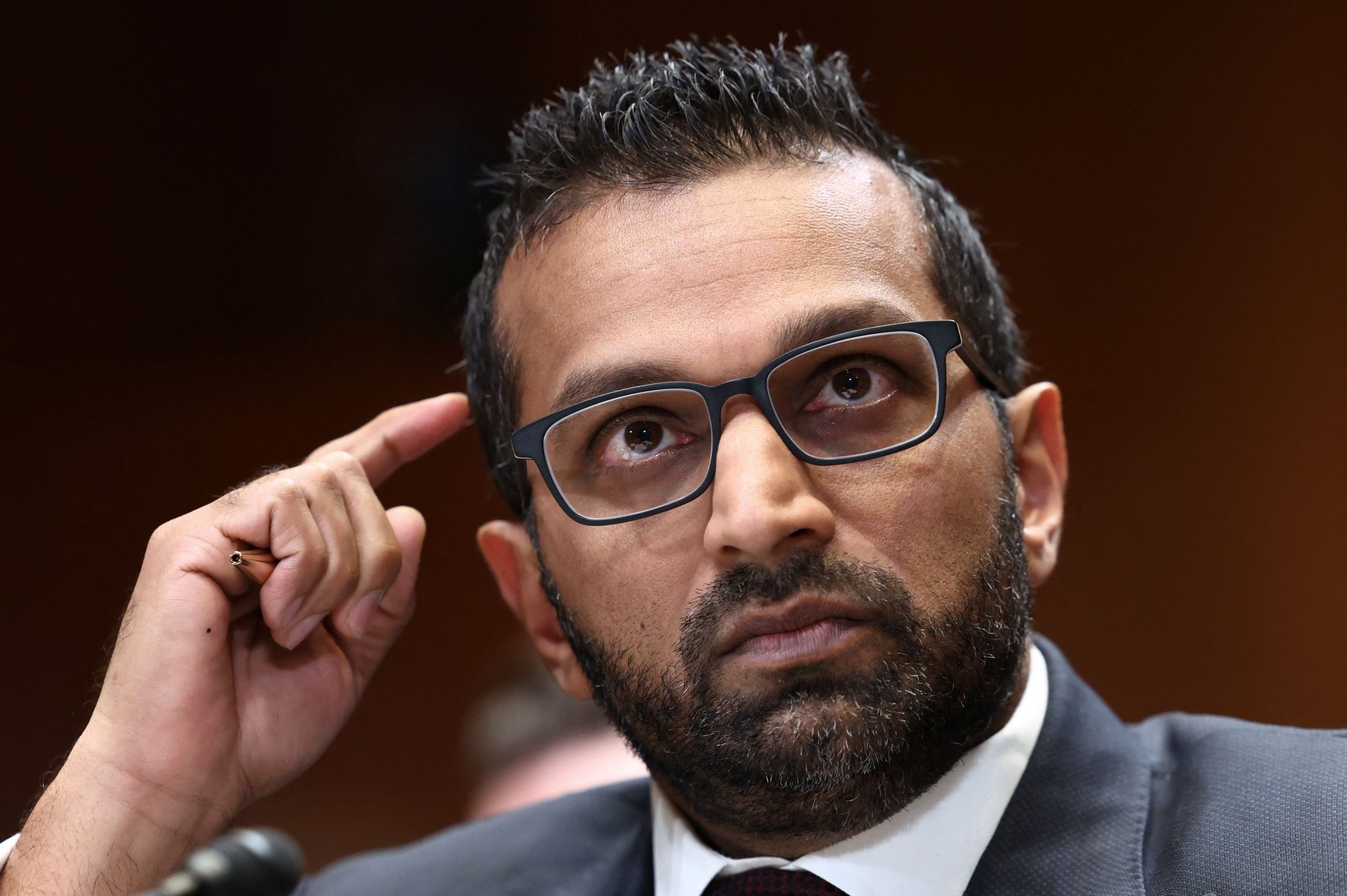On July 30, 2025, the United States Federal Bureau of Investigation (FBI) formally upgraded its operational footprint in New Zealand by inaugurating a standalone office in Wellington, marking a significant step in bilateral law enforcement cooperation.
FBI Director Kash Patel personally traveled to the New Zealand capital to preside over the opening ceremony.
This underscores the importance Washington places on deepening security partnerships in the Asia-Pacific region amid growing geopolitical challenges.
Since establishing a limited presence in New Zealand in 2017, the FBI’s new Wellington office represents a notable expansion.
It enables the bureau to independently coordinate activities not only within New Zealand but also across several Pacific Island nations.
These nations include Samoa, Niue, the Cook Islands, Tonga, and even oversight responsibilities in Antarctica.
This upgraded status allows the FBI to more effectively address transnational threats in a region increasingly marked by strategic competition and evolving security risks.
Director Patel highlighted in a video shared by the US embassy the strong collaboration between American and New Zealand agencies.
He specifically praised their joint efforts to counter malign influences stemming from the Chinese Communist Party (CCP).
He cited comprehensive cooperation addressing a range of pressing global challenges.
These challenges include curtailing narcotics trafficking and combating sophisticated cyber intrusions.
It also includes thwarting ransomware attacks, and most critically, protecting the safety and rights of citizens in both countries.
New Zealand and the US share membership in the “Five Eyes” intelligence alliance, an extensive network that also includes Australia, Canada, and the United Kingdom.
This partnership facilitates robust intelligence-sharing protocols and coordinated actions targeting state-sponsored cyber-espionage and interference.
It reportedly targets also transnational organized crime, drug smuggling, and child exploitation networks.
The FBI’s enhanced presence strengthens these collective capabilities on the ground in New Zealand, a strategically positioned player within the South Pacific.
Both Wellington and Washington have recently voiced concerns about China’s expanding diplomatic, economic, and military influence in the Pacific.
Beijing’s efforts to deepen ties with Pacific Island nations have raised alarms about the potential for the establishment of Chinese military footholds.
The US and its partners regard this as a vital sphere of influence, threatening the regional balance of power.
Washington fears that a Chinese overseas base in the Pacific could undermine traditional security arrangements and disrupt freedom of navigation in crucial maritime corridors.
New Zealand’s senior officials warmly welcomed the FBI’s decision.
Judith Collins, Minister responsible for intelligence services, and Police Minister Mark Mitchell both emphasized that the strengthened FBI presence will play a crucial role in safeguarding New Zealand’s national security.
The enhanced collaboration is viewed as an important measure.
It is reportedly to bolster resilience against external threats while reinforcing New Zealand’s ability to respond to cyber and organized crime challenges.
During his visit, Director Patel held high-level meetings with Collins, Mitchell, and other key government figures.
These include Foreign Affairs Minister Winston Peters, as reported by local media.
These discussions likely focused on refining joint strategies to counter emergent risks, sharing intelligence, and enhancing operational coordination between the US and New Zealand law enforcement and security agencies.
In summary, the FBI’s establishment of an autonomous office in Wellington signals a marked intensification of US-New Zealand security cooperation.
This is supposedly within the broader context of rising strategic competition with China in the Asia-Pacific.
This development reflects both nations’ commitment to addressing multifaceted threats such as cybercrime, narcotics trafficking, and state-sponsored influence operations.
The nations do this, while reinforcing the “Five Eyes” alliance’s capacity to protect shared interests.
As China’s presence in the Pacific grows, the US and New Zealand’s proactive steps underscore the critical importance of fostering strong bilateral partnerships.
It is supposedly to maintain regional stability and security for all citizens.







